If you've had the same skin care routine since you were a teenager, you could probably use a few adjustments and updates. But building a new routine can be overwhelming — between the constant cycle of new trends and the plethora of products available in stores and online, it's difficult to know how and where to start. What are the components of good skin care, anyway? When (and how often) do you need to switch things up? We talked to some dermatologists to get their expert tips on how to start — and stick to — a new routine.

Know Your Skin Type
The first step in taking care of your skin is learning what type of skin you have. There are five main types, according to the American Academy of Dermatology (AAD):
- Sensitive skin, which is prone to irritation and may react poorly to product use
- Oily skin, which is marked by an excess of sebum and may feel greasy or look overly shiny
- Dry skin, which may not have enough sebum and feels flaky and itchy
- Combination skin, which is oily in some places and dry in others
- Normal skin, which is not noticeably dry, oily, or sensitive
Knowing your skin type can help you understand what your individual needs are, which can in turn help you determine what techniques and products to use or not use.

Consult a Dermatologist
If you don't know your skin type — or if you do but you don't know how to care for it — make an appointment with a dermatologist. You can find a lot of advice online, but nothing beats a personal consultation with a licensed professional. A dermatologist can offer guidance not just for your specific skin type, but also for your individual needs and concerns, taking into account your age, ethnicity, health, and lifestyle. They can even recommend certain ingredients to look for or stay away from, as well as identify and diagnose certain skin issues or conditions, such as eczema, psoriasis, and even acne.
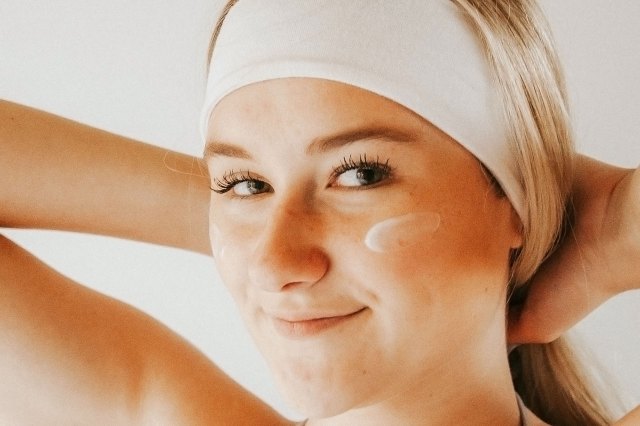
Start Simple
If you're just starting to care for your skin, don't jump right into a 14-step routine. Start with the basics — which, according to Dr. Patricia Farris, a board-certified dermatologist and the co-founder of the Science of Skincare Summit, include cleanser, moisturizer, and sunscreen. All three are important regardless of skin type; even oily skin needs moisturizer and dry skin needs cleansing. You just have to find the products that work for you. "There are so many types to choose from," Dr. Farris says. "If you have sensitive skin, choose [a cleanser] that is labeled 'gentle' or 'for sensitive skin.'" The same goes for moisturizer: "You can choose a 'bland moisturizer' without added ingredients,” such as potentially irritating acids.
Once you've got the basics down — washing your face twice a day, applying moisturizer and sunscreen every morning, and reapplying moisturizer at night — you can add other steps and products to your daily regimen. Dr. Hope Mitchell, a board-certified dermatologist in Ohio, says a well-rounded skin care routine "should include gentle cleansing to remove impurities, regular moisturizing for hydration, daily application of a broad-spectrum SPF for sun protection, incorporation of antioxidants like vitamin C, consideration of retinoids for targeted concerns, utilization of eye cream for delicate eye area care, and optional use of cleansing tools based on personal preference and skin type." Like Dr. Farris, she recommends tailoring the specific products to your individual needs.

Differentiate Your A.M. and P.M. Rituals
Your skin has different needs depending on the time of day, so it's important to take those needs into consideration and customize your daily habits around them. "A nighttime skin care routine serves a different purpose than a morning routine," Dr. Mitchell says, noting that the former is all about repair and rejuvenation, while the latter emphasizes protection and preparation. "Both routines play unique roles in maintaining a healthy complexion, combining proactive protection in the morning with reparative care at night."
Proactive protection in the morning means arming your skin against things like pollutants and UV rays. "A morning routine should involve a gentle cleanse to refresh the skin, followed by application of antioxidants like vitamin C for protection against environmental stressors," Dr. Mitchell explains. It's also important to moisturize and use SPF, even if it's cloudy or you don't think you'll be outside for long. (More on that in a bit.) Essentially, you're prepping your skin to face the day and whatever it may bring.
Your evening routine, on the other hand, is a way to wash away the day and restore your skin to a healthy state so it can repair itself while you sleep. (Research indicates that skin cell renewal peaks at night.) Dr. Mitchell recommends first thoroughly cleansing to remove makeup, pollutants, and accumulated debris, and then following with treatments such as retinoids or antioxidants to promote cell turnover and repair. If you have dry skin, nighttime is also ideal for heavier moisturizers to provide deep hydration.

Wear Sunscreen
You've probably read this advice in every skin care article ever, but that's because it's so important. Sunscreen is a crucial step in any routine, regardless of your age or skin type. "Sun damage, including wrinkles, age spots, and other skin problems, as well as an increased risk of skin cancer, can result from years of regular sun exposure," Dr. Mitchell warns. "In order to keep skin in the best possible condition, sun protection must be a top priority." Dr. Farris recommends choosing a sunscreen that has an SPF of at least 30 and that is broad spectrum, meaning it protects against both UVB and UVA rays. The AAD also advises using a water-resistant sunscreen (no formula is truly waterproof).
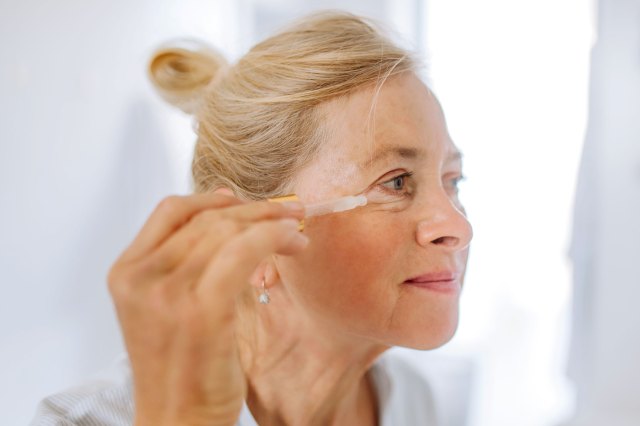
Pay Attention to Your Skin
Contrary to what you might see or hear on TikTok and Instagram, you do not need to overhaul your routine every time a new skin care trend pops up online. "Changing your skin care routine should be based on your skin's evolving needs," Dr. Mitchell says. "Factors like age, seasons, and lifestyle changes can influence these needs." Both she and Dr. Farris suggest, for example, that a heavier moisturizer may be needed in the winter, when the air is colder and less humid. You might also need different or more targeted products as you get older; skin tends to lose elasticity and become thinner and drier as we age.
"Listen to your skin — if it's feeling drier, oilier, or if you're experiencing new concerns, adjust your routine accordingly," Dr. Mitchell advises, noting that consulting a dermatologist can help you adapt to your skin's changing needs. "A good rule of thumb is to reassess your skin care every three to six months. Stay flexible, and let your skin guide your regimen for a radiant and healthy complexion."
If and when you do switch up your routine, do it slowly — don't throw out everything at once and start from scratch. Instead, Dr. Mitchell says, switch out one product at a time. Not only will that give your skin a chance to adjust, but if you have a reaction to something, you'll know the likely culprit.
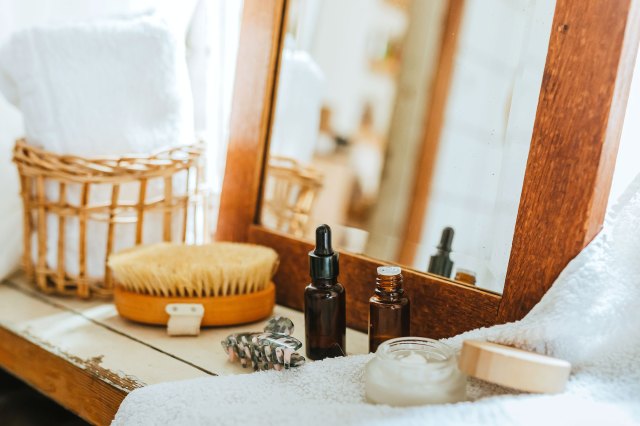
Be Consistent
In a perfect world, you'd apply your favorite skin care serum before bed and wake up the next morning with glowing, poreless skin. Alas, overnight results are not realistic — it takes time for even the best products to yield noticeable changes. That's why Dr. Mitchell's No. 1 skin care rule is consistency.
"Regardless of your skin type, concerns, or the products you use, establishing and maintaining a consistent routine is key to achieving and maintaining healthy skin. Consistency allows active ingredients to work effectively over time, and helps you identify what products truly benefit your skin," she explains. "Whether it's cleansing, moisturizing, or applying sunscreen, make it a daily commitment. Skin care is a journey, and the most significant results come from regular, dedicated efforts."
One easy way to hold yourself accountable is to use a habit tracker or bullet journal so you can check a box every time you do your routine. (Don't underestimate the power of an unbroken streak or the satisfaction of crossing something off of a list.) It also may help to keep your skin care products in an easily accessible place — though ideally not in the bathroom, since temperature changes and humidity can affect their longevity — where you'll see them and remember to use them.
This article is for general informational purposes only.
Affiliate Disclaimer Medical Disclaimer



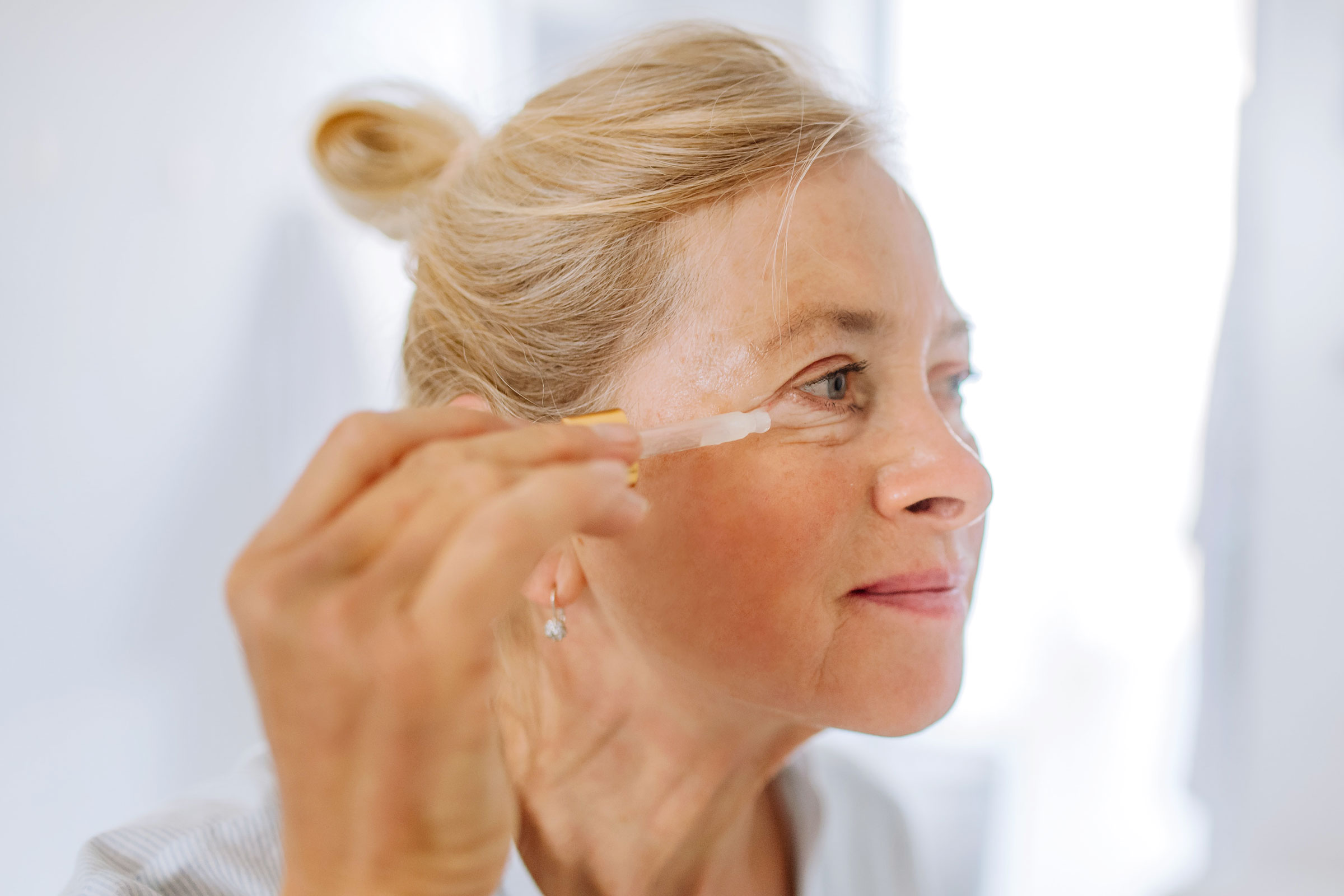










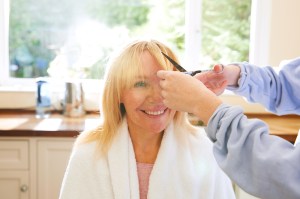

 Unique Beauty is free for all users.
Unique Beauty is free for all users.